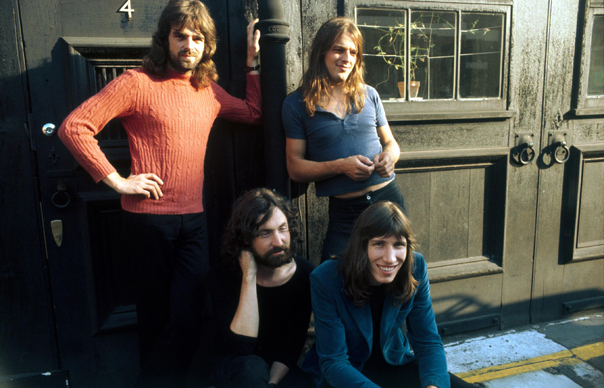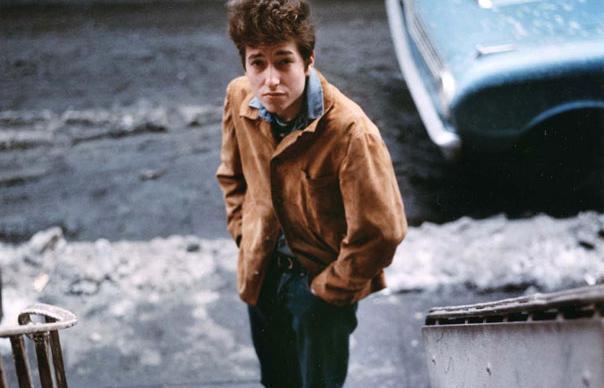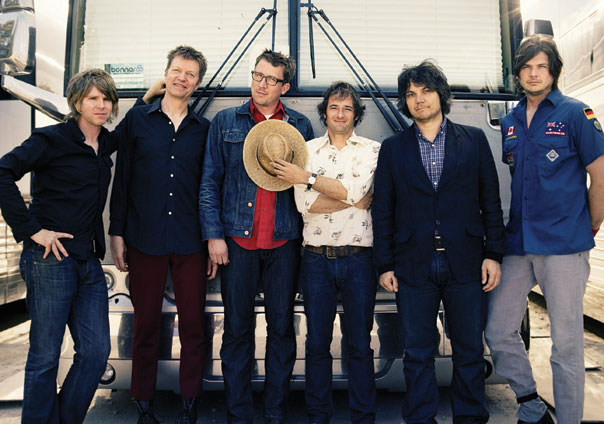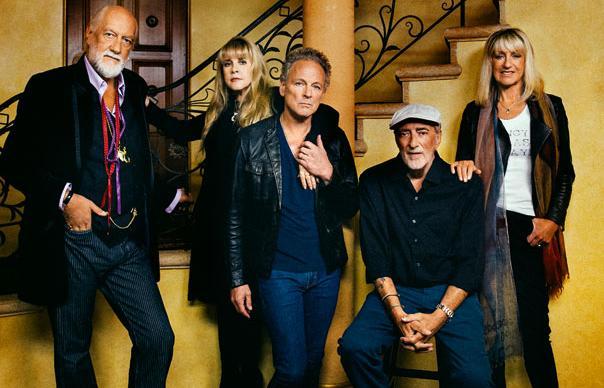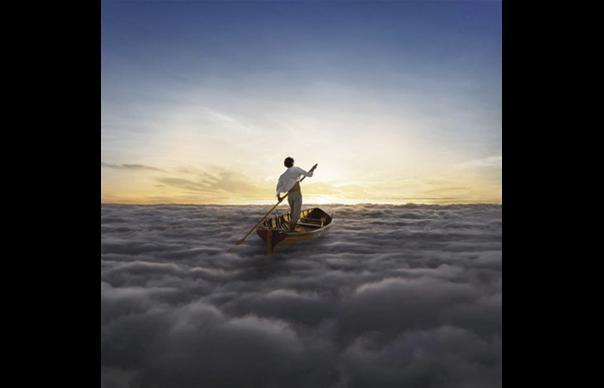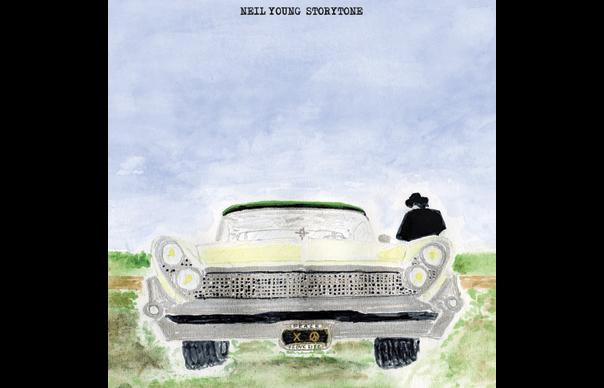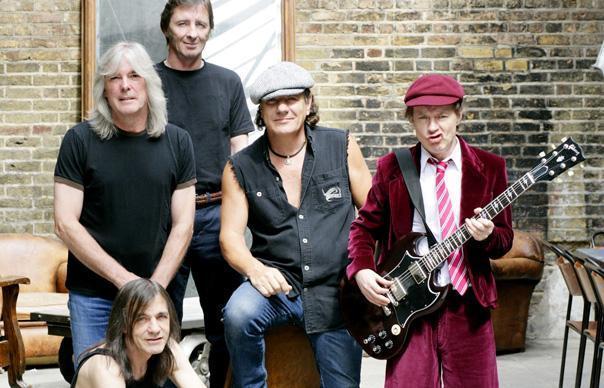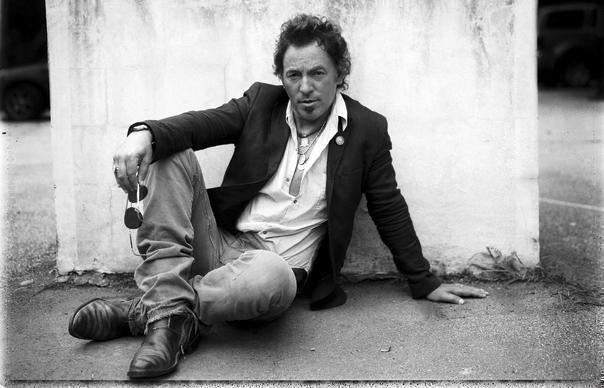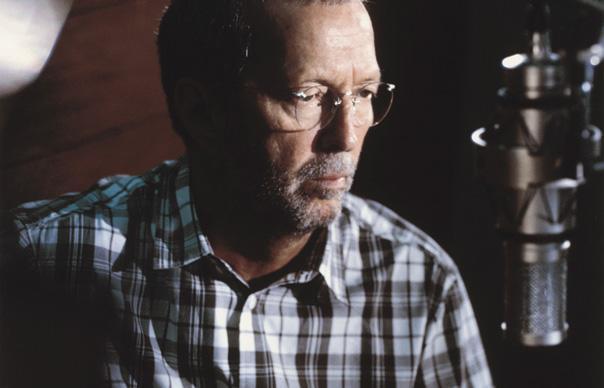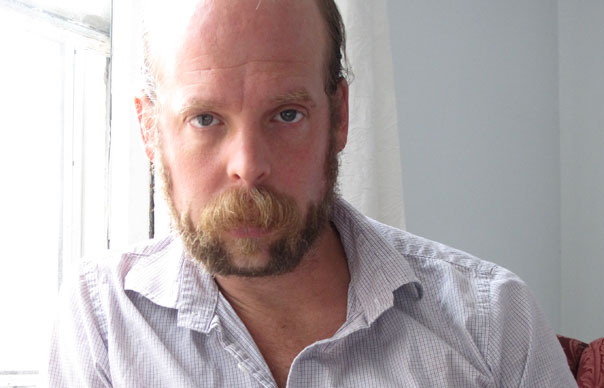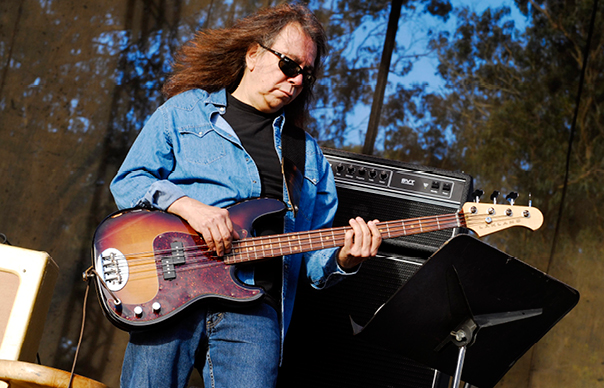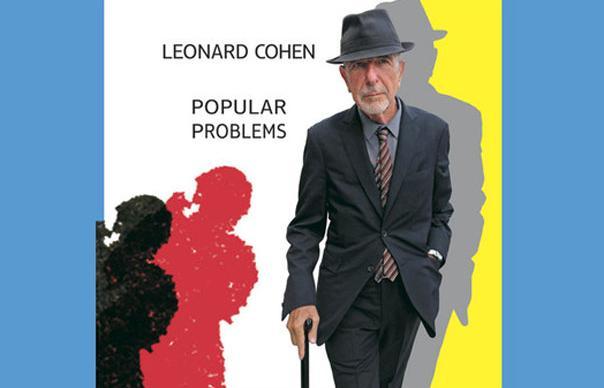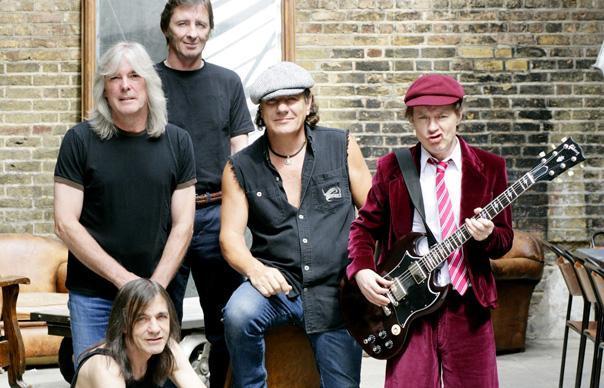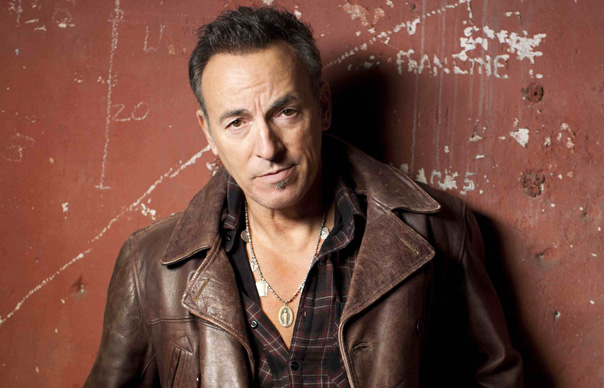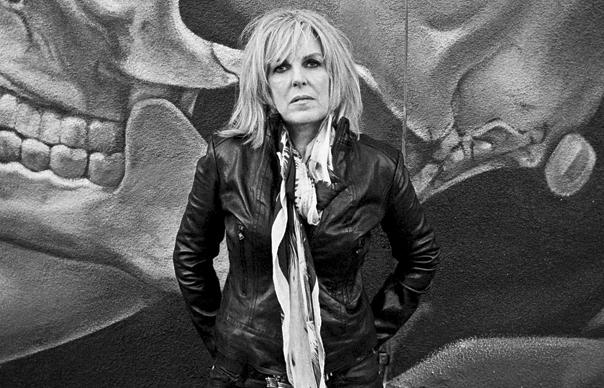Jeff Lynne announced this week that he’s recording a new album, after his triumphant first gig in 28 years at London’s Hyde Park in September. In this piece from the archives (May 2013 issue, Take 192), Lynne takes us through his work with Dylan, three Beatles, Roy Orbison and his own Electric Light Orchestra… “I’m always experimenting,” he says in his undiluted Brummie drawl. “Sometimes you don’t know what you’re looking for until you find it.” Interview: Graeme Thomson
_________________
IDLE RACE – IDLE RACE
(Liberty, 1969)
Formerly The Nightriders, who Jeff Lynne joined in 1966 as their lead guitarist. The Idle Race’s melodic whimsy fails to fly, but Lynne gains his first production credit on their eponymous second album.
Jeff Lynne: They were a pretty odd band. Quirky, that’s for sure! There was no great expectation at all, I was just glad to be a professional guitarist in Birmingham. It was beyond my wildest dreams to not have to go work every day – the best thing in the world! I never really looked any further than that for a few years. With the Idle Race I was trying to be totally different because everybody had the same sort of music out – big guitar solos, all that. This was more like George Formby, I suppose. It was just a strange way of being different more than anything else. This album was my first production. I was always interested in how records sounded. I’d got a Bang & Olufsen tape recorder and I was in the front room of my mum and dad’s house learning how to make sounds go together, how to mic things up, and how to do multi-tracking. It was really good for learning arrangements and vocal harmonies, so I was ready to produce the second album, even though I didn’t really understand the big desk. I knew what I wanted to do, and after that I knew how to do it. I was just trying to do the best I could with these funny little songs, which I still like but which are pretty unusual!
THE MOVE – MESSAGE FROM THE COUNTRY
(Harvest, 1971)
Lynne accepts an invitation from old friend Roy Wood to join The Move, on the proviso that they will also start work on the Electric Light Orchestra. The recording of The Move’s fourth album and ELO’s debut overlap.
I’d spent four years playing in the Idle Race and I joined The Move because I thought maybe it wasn’t going to happen. I joined as co-producer and co-singer, and we had quite a few hits. By then I was already into recording things in little bits, rather than in one go as a live session. The idea for the Electric Light Orchestra happened around the same time. Roy and I would go to pubs and clubs in Birmingham and keep talking about having this group with strings. We finally figured out a way of doing it, and while we were making Message From The Country we started knocking out these little tunes, just the two of us, and [Move drummer Bev Bevan] putting the drums on afterwards. It was a bit odd recording it, me and Roy playing it all ourselves with all these silly instruments: bassoons and stuff like that. It was fun and kind of wacky, a pseudo-classical pantomime horse. During that time I wrote “10538 Overture”, which started as a track for The Move, but became the first single for ELO. That was a Top 10 hit, and that changed my whole perspective. I thought, I can do this!
ELECTRIC LIGHT ORCHESTRA – ON THE THIRD DAY
(Warner Bros, 1973)
Roy Wood quits shortly into the making of ELO 2, giving Lynne greater autonomy on their third album. Hit “Showdown” (one of John Lennon’s favourites at the time) shows the band’s leaner, funkier side.
Roy had left during the second ELO record. It was like, “Bloody hell, that’s a bit strange!” He never really said anything about it, but my guess is that we never collaborated, we never wrote songs together, and that might have been a problem. There were two different banks of songs that never really met in the middle. But I realised that it gave me a really good opportunity to be the songwriter and the producer of ELO, and I grasped it with both… fingers! If it’s my own music then I always like to be in charge. On The Third Day is one of my favourites, actually. It sounds so sweet, very innocent. It just has the two cellos and one violin on it, that’s all there is in the orchestral department. And “Showdown” is one of the best tracks I’ve ever done. I loved how clean it was. I remember vividly taking it into Abbey Road to have it mastered for a single, and the cutting engineer there said to me, “You know, this is bloody classy, this is!” And I said, “Fucking hell, do you think so?” I was chuffed to bits that this guy who was high up in the final part of the recording process was gushing about it.
ELECTRIC LIGHT ORCHESTRA – ELDORADO
(Jet, 1974)
A fully fledged fantasy concept album, including an “Overture” and a “Finale”, about a man escaping reality via a series of dreams. This is the first ELO album to feature a full orchestra, and the massed banks of strings and voices match the lyrical ambition.
I’m not crazy about stuff that’s too fancy, and “concept” usually implies lots of boredom, but I think Eldorado is a bit above that. I do. I think it stands up as a good pop album. I just sat down and had this idea: the album would open with this bloke talking about a place, and then it would drift into a scenario of this daydreaming guy. That was all it was about. It came to me pretty much fully formed – a guy who keeps having dreams about different things. I wrote all these songs at my mum and dad’s house, in their front room, and the words were always last. It was a lot of fun to do but a little bit scary to do. It was a big step for me, because it was using a 30-piece string section, a choir, a 10-piece brass and woodwind section. I wasn’t really experienced enough to know how to handle it all but I got away with it. There was lots and lots of money going out, but I was left totally to my own devices. Amazing! I had total carte blanche. “Make it a nice one” – that would be the only instruction. It was all done in a matter of weeks, now it takes bloody years.
ELECTRIC LIGHT ORCHESTRA – A NEW WORLD RECORD
(Jet, 1976)
The floodgates open following the commercial breakthrough of 1975’s Face The Music. Recorded at Musicland in Munich, it features “Telephone Line”, “Livin’ Thing” and a revamped version of The Move’s “Do Ya”.
We were touring Germany, and when we got to Munich one of Deep Purple mentioned we should check out Musicland. It was down in the basement of this giant hotel. It was very modern and a bit gloomy, but it really kept you working because there was nothing else to do except go for a kickabout behind the hotel or go down the old Biergarden two nights a week. The routine and atmosphere suited me well. I’d go over there for two weeks, record all the backing tracks, bring them back to England to work on the words and the arrangements, and then fly back to Germany to finish it. It made you very organised. “Do Ya” was such a good song I wanted the ELO audience to heard it. They loved it onstage so we re-recorded it in a slightly different arrangement. I think we all knew the album was a step up, in accessibility, image, everything. They might be the catchiest tunes we ever did as a set, but when you write songs you don’t suddenly think, ‘Oh, I’ve learned how to do it now!’ You never have, and you never know if you’re going to write another one. It’s always that mystery.
ELECTRIC LIGHT ORCHESTRA – OUT OF THE BLUE
(Jet, 1977)
With its string of hit singles (including “Turn To Stone” and “Mr Blue Sky”), sleek commercial sound and ambitious ‘Concerto For A Rainy Day’ suite, this multi-platinum double album marks the peak of the classic ELO aesthetic and bids a mighty adieu to symphonic rock.
The boss of United Artists asked me if I would do a double live album, because Peter Frampton had just had a huge hit with his one [Frampton Comes Alive!]. I said, “Oh, I wish you’d said studio album. I’d have done that, but I don’t want to do a live album.” Later on he came back to me and said, “OK, you’re on. Studio album!” It was terrific that I got the freedom to do it. I wrote most of the album very quickly in a little chalet in Switzerland, where I’d gone with all my gear – electric piano, bass, guitar. I was there for two weeks and didn’t come up with anything. Best go down the pub then! Actually I was getting worried because I’d done nothing in a fortnight and I only had a month to write the tunes, but finally they started coming to me. One of the first ones was “Mr Blue Sky”. It had been cloudy and misty and horrible, you couldn’t see where you were, and then one day the sun came out and the mist disappeared. It was fantastic, these giant mountains appeared everywhere. So I wrote “Mr Blue Sky” – very literal! The whole ‘Concerto For A Rainy Day’ kind of came out of that. I loved the second side of Abbey Road and I thought I wouldn’t mind trying a suite like that. Because it was a double album I had so much room to work with. It was quite complex to make. I was trying out new things, like the Vocoder, which I used on “Mr Blue Sky”. The factory that had just built the prototype was in Stuttgart, which was only an hour from Munich. Talk about luck! So we sent the girlfriends off to pick it up. There was no manual, it was that new, and we spent the whole day just getting it to do something, but once we got it going it was beautiful. It’s still the best Vocoder I’ve heard. That was a treat, you always want to innovate and get ahead with technology. Touring the album was impossible, though, a proper pain in the arse, and I started to get fed up with all the strings: “Argh, fuckin’ hell, not another string session today…” It became a bit of a formula. I made a lot of electronic records after Out Of The Blue.
TRAVELING WILBURYS – TRAVELING WILBURYS VOL 1
(Warner Bros, 1988)
While working with George Harrison on 1987’s Cloud Nine, the pair hatched a plan to form a garage band with their mates, namely Bob Dylan, Roy Orbison and Tom Petty. And lo, it came to pass…
We’d been working on Cloud Nine for about three months, and one night we were listening back to what we’d done, having a beer, and George said, “You know what? You and me should have a group.” “A group, really? Who should we have in it?” “Bob Dylan.” “Bob Dylan? Oh, yeah, of course. What about Roy Orbison?” “Yeah, great, he’ll be good!” We both liked Tom. And everyone wanted to be in it. Nobody’s commitments were above the Wilburys! George had half a song ready to go, we finished it off in Bob Dylan’s garage, recorded it there and wrote the words after dinner. That’s how it went on. We did another eight songs from scratch and in 10 days the whole album was finished. It was amazingly quick. George liked being in a band, he was really up for it, really believed in it. We joked about touring. George would say, “Right, we’re going to get an aircraft carrier and follow the sunshine. Play Hawaii, the Caribbean, all these lovely little spots.” He was really looking into it big time. “We could park in the dock and play on the deck, then hoist up the gang plank and off we’d go to the next one!” It lead to a wonderful time for me, working with Tom on Full Moon Fever and my childhood hero Roy Orbison on Mystery Girl. One week I had three albums in the Top 5. Amazing.
THE BEATLES – ANTHOLOGY 1&2
(Apple, 1995/1996)
When the three remaining Beatles reunite to work on two old Lennon demos for the Anthology project, they hire Lynne to oversee the historic but technically daunting task.
Every morning I would wake up with half dread, half exhilaration. The idea of doing it was the most thrilling thing imaginable, but messing it up would be horrible. It was George who had said, “This is the guy we should have.” I don’t know what would have happened if Paul had said, “No, let’s have my bloke”, but he was fine with it. They hadn’t been in the same room for years. At Paul’s studio it was just me and them, and I’m listening to all this amazing Liverpool folklore – Hamburg stories, the lot. There was no real tension. They would take the piss, but it was good-natured. I loved it, but it was tough. I had a few tricks to get John’s voice on the track, and Paul helped by ghosting John’s voice underneath to give it more body. I remember him giving me a big hug and saying, “Well done, you’ve done it!” There was a third song [“Now And Then”] planned but we just never got around to it. Paul always says George went off it, and I think he probably did. Later Paul asked me to produce some tracks on Flaming Pie. I’d recorded with Ringo before, so I’ve done ’em all!
ELECTRIC LIGHT ORCHESTRA – ZOOM
(Epic, 2001)
The first ELO album in 15 years features only Richard Tandy from the original lineup, and comes after Bev Bevan cedes his share of the ELO name to Lynne. Sales are low and a planned tour is cancelled.
There was some [argy-bargy] over the name, but there has never been any doubt about who is ELO! There hadn’t been anything out as ELO for such a long time, but there was no real deep significance in returning to it. Really I just fancied making a record. I had six or seven songs ready to go, and it was just something I felt like doing at the time. I kept it pretty straight. There wasn’t many gimmicks in it, or odd twists and turns. I suppose it was a bit disappointing that it didn’t do better, but a lot of people like it, I get lots of nice things said about Zoom. You don’t let these disappointments weigh you down, you just have to think of something else. I feel I really stretched myself on the new album, Long Wave. I’d been doing just my own music for such a long time, I wanted to do something with these classic songs that used to frighten me to death when I was a kid. I like my versions better than the old ones because, without those fancy arrangements, suddenly these tunes sound so accessible. I brought them right up to the ’60s!


